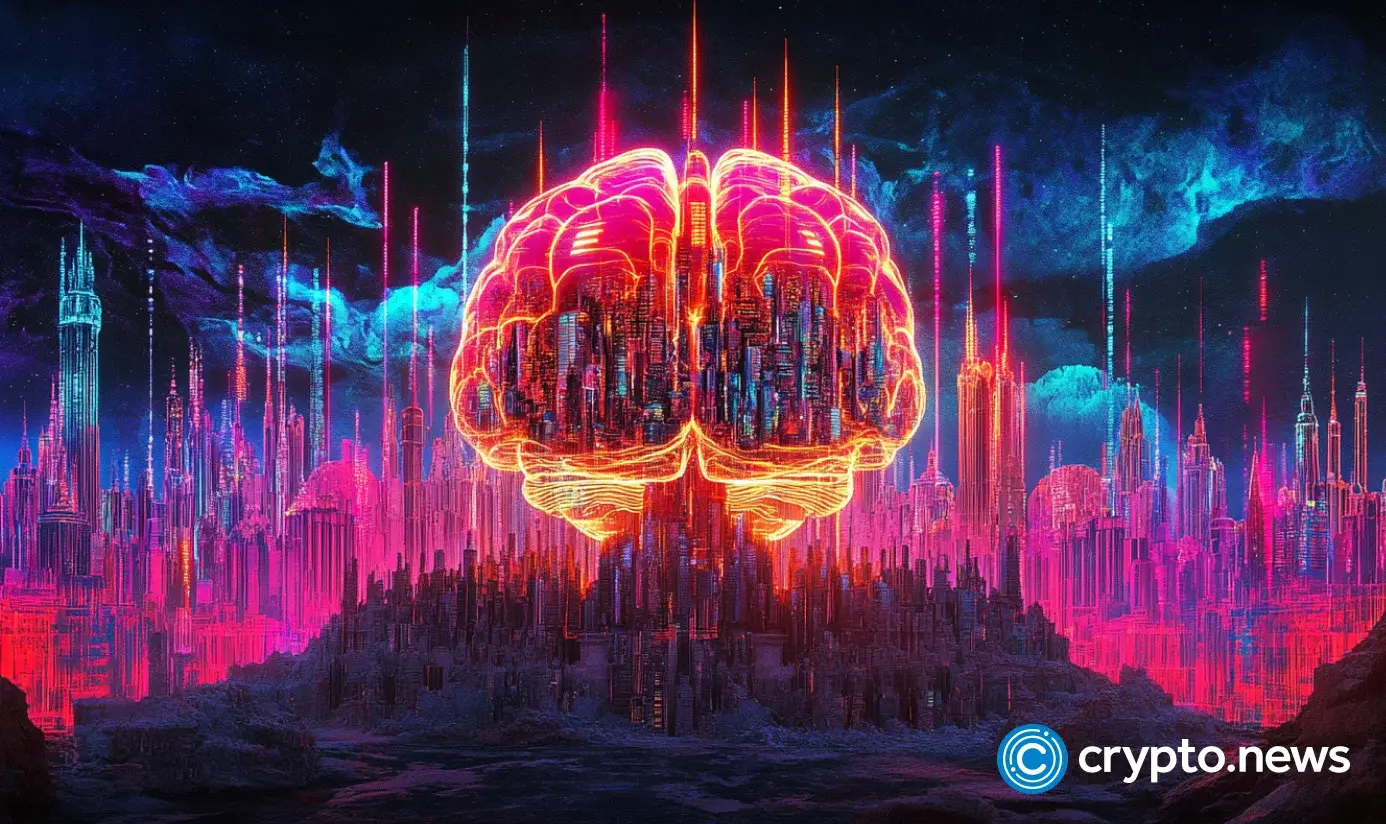Disclosure: The ideas and opinions expressed here are only for the author and do not represent the ideas and ideas of the editorial of Crypto.
Artificial intelligence is all anger. Nevertheless, there is an important defect below the promotion around decentralized AI (DEAI): a deficiency of diverse, safe, verificationable data. On-chain datasets are really limited to training powerful models. This AI risks the future to centralized beamoths, which have unfiting access to the huge data of web.
Deai’s promise – beautified, transparent, and strong AI -elements when this data interval is bridged. The clever cryptography provides a route.
The beauty of traditional AI lies in its glutney. The more data it eats, the clever it becomes. But this advantage is also its heel. The centralized AI model is often trained on the cut data without clear consent, increases the prickly questions of privacy and control.
Deai provides an attractive option, built on the principles of blockchain of decentralization and transparency. Nevertheless, most of the data comes from onchain financial transactions or DEFI. Small language models require more accurate data especially for fine-tuning. It leaves the DEAI model from the rich and diverse dataset required to refine them from the latest model to the expected competitive levels.
Such datasets are available outside the web 3, with piles and common crawles each have data from billions of unique sources. The depth of existing verified web2 data sources, the amount of data that is, is that, which has enabled centralized AI providers to refine their GPT as fast as.
It is not possible to recreate the same level of data onchain on a competitive timescale. And while some AI firms have participated as data creators, who accuse them of stealing the type of fine data discussed here, another way to get more data onchain – secure it.
Construction bridge
This is where cryptography comes. Zero-knowledge proofs, already formed waves in blockchain scalability and privacy, provide a powerful solution. Especially two techniques-zero-knowledge is completely the key to unlock the web2 data for homeomorphic encryption (zkfhe) and zero-knowledge TLS (Zktls) -DEAI.
ZKFHE allows computation to be done on encrypted data, without decrying it. Imagine training an AI model on sensitive medical records without exposing raw patient data. This is the power of zkfhe. This allows the DEAI model to learn from the huge, privacy-protected dataset, which widely expands their training possibilities.
Zktls increases this principle to internet communication. This allows users to prove the occupation of some data from a website – say, credit score or social media activity – disclosed without underlying information. It is important to integrate the funds of data living in Silos of Web 2 in the DEAI system. For example, a decentralized credit scoring model can avail Zktl to access certified financial data from traditional institutions without compromising its privacy.
Benefits, Deai?
The implications are deep. By combining zkfhe and zktls, deai can tap in the vastness of the web2 data, preserving the main principles of privacy and decentralization. This can level the playground, allowing Deai to compete and perhaps also cross the centralized AI.
Currently consider the development of a large language model dominated by well -funded technical giants. These models require a huge amount of lesson data for training. Taking advantage of Zktls, Deai developers can use and use publicly available web data in a manner manner, manufacturing more democratic and transparent llms.
Of course, there are challenges. Applying ZKFHE and Zktl is computationally intensive, requiring significant progress in hardware and software. Committee and differential ability is also important for wide adoption. But possible prizes are immense.
In the race of AI domination, the data is the final fuel. By embracing cryptographic solutions such as zkfhe and zktls, deai can reach the fuel that is necessary to do it. This is not just about the manufacture of smart AI; It is about a more democratic and equitable AI future creation.




